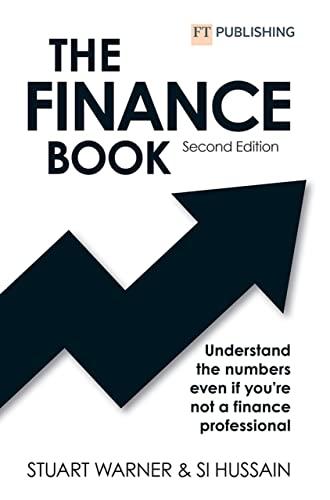Question
Question One (30 Marks) Suppose Ghana establishes an income tax schedule that has a tax rate of 8% on the first GHS 15,000 of income,
Question One (30 Marks) Suppose Ghana establishes an income tax schedule that has a tax rate of 8% on the first GHS 15,000 of income, 12% on the next GHS 16,000, and then 25% on all taxable income above GHS 40,000. The tax system provides a GHS 2000 exemption (deduction) per family member (call this tax system A) including those working. Kwame is Akosua's husband but unemployed, and he depends on Akosua for basic needs. Akosua is the sole earner, and she has three daughters and a son (all not working). The family's annual income is GHS 50,000.
a. Calculate the i. Statutory marginal tax rate (3 mark) ii. Effective marginal tax rate (3 marks) iii. Taxable income (3 marks) iv. Total taxes (3 marks) v. Effective average tax rate (3 marks)
b. Suppose that Ghana decides to move to a flat tax rate of 20%, keeping the GHS 2000 per family member exemption (let's call this tax system B). Determine if the family benefits or suffers from tax system B relative to tax system A. (10 marks)
c. Which tax system is the most vertically equitable, and which is the least? (5 marks)
Step by Step Solution
There are 3 Steps involved in it
Step: 1

Get Instant Access to Expert-Tailored Solutions
See step-by-step solutions with expert insights and AI powered tools for academic success
Step: 2

Step: 3

Ace Your Homework with AI
Get the answers you need in no time with our AI-driven, step-by-step assistance
Get Started


